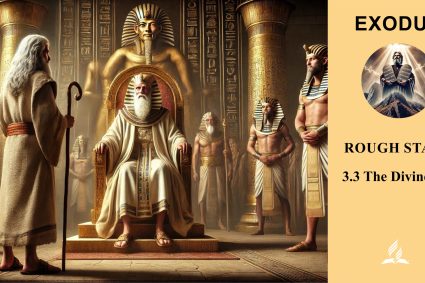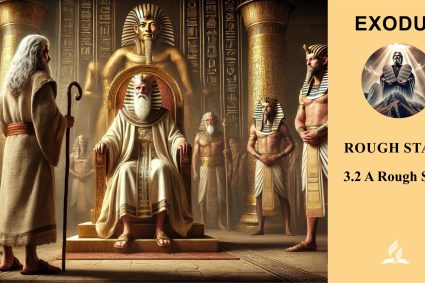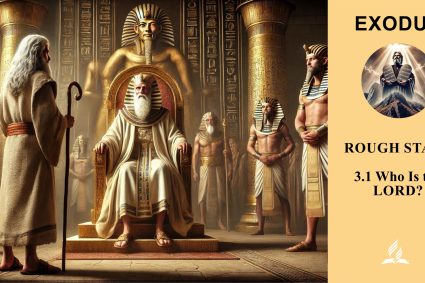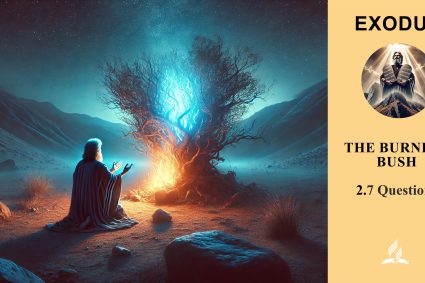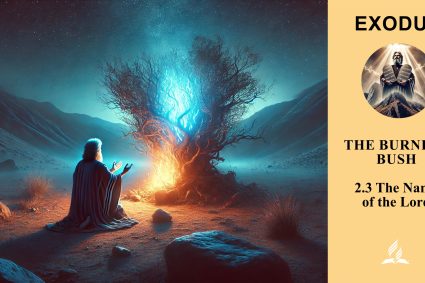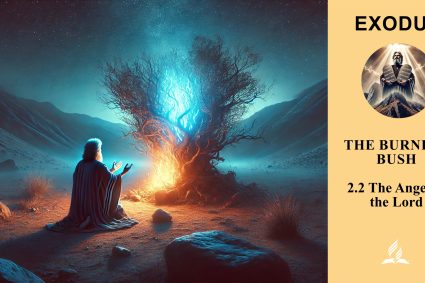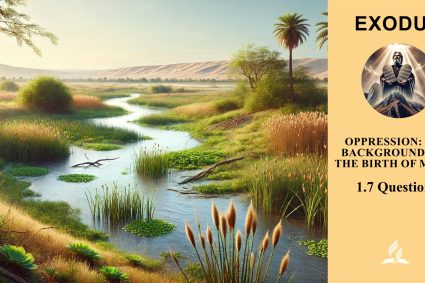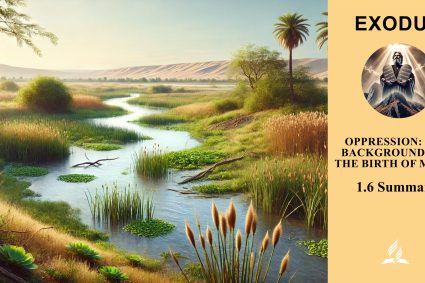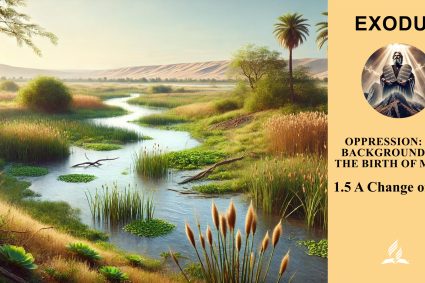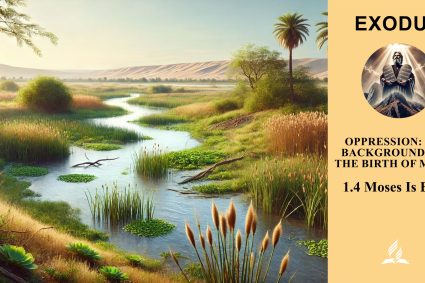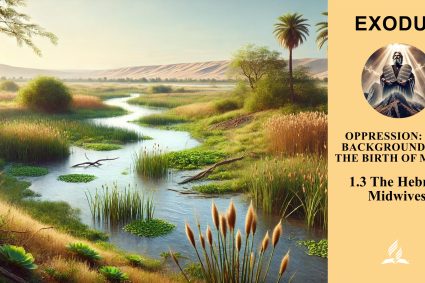


13.5 Joy Comes in the Morning
Divine Redemption in the Morning Light: The Symbolism of Morning in the Bible
Read Mark 16:1–8. What happened on the morning referred to here, and why is it very important for us?
Mark 16:1–8 recounts what happened on the morning of Jesus Christ’s resurrection. Here are the key events:
-
Early on the first day of the week, after the Sabbath, Mary Magdalene, Mary the mother of James, and Salome went to the tomb to anoint the body of Jesus (Mark 16:1).
-
When they arrived at the tomb, they saw that the large stone sealing the entrance had been rolled away (Mark 16:4).
-
Entering the tomb, they saw a young man dressed in white, who announced to them that Jesus had risen. He said to them, “He is not here; see the place where they laid him. But go, tell his disciples and Peter that he is going before you to Galilee. There you will see him, just as he told you” (Mark 16:6–7).
-
The women left the tomb filled with fear and amazement and told no one, as they were afraid (Mark 16:8).
Why is this very important for us? The resurrection of Jesus Christ is the central event of the Christian faith. It confirms Jesus’ divine nature and His power over death. Through His resurrection, Jesus opened the way for our own redemption and eternal life. The hope of resurrection inherent in this event is crucial for Christians, as it demonstrates that death does not have the final word and that through faith in Jesus Christ, we can have eternal life with God. The encounter of the women at the empty tomb of Jesus reminds us that we should share the message of resurrection and that amidst fear and uncertainty, we can trust in God’s promises.
It’s said that death is engraved into our cells from birth. While that may be true, at least for fallen beings, what has the resurrection of Jesus promised us regarding the temporality of death? Why should we never forget how temporally limited death is for us?
The resurrection of Jesus Christ promises us hope and victory over death. Through His resurrection, Jesus showed that death is not the end but that there is life after death. For Christians, the resurrection means that death no longer has the final say, but that eternal life with God is a reality for believers.
The Bible teaches us that Jesus broke the power of death through His death and resurrection. In 1 Corinthians 15:54-57, it says, “When the perishable puts on the imperishable, and the mortal puts on immortality, then shall come to pass the saying that is written: ‘Death is swallowed up in victory. O death, where is your victory? O death, where is your sting?’ The sting of death is sin, and the power of sin is the law. But thanks be to God, who gives us the victory through our Lord Jesus Christ!”
Through Jesus Christ, death is temporally limited for believers because they have the hope of resurrection to eternal life with God. Jesus promised that all who believe in Him will have eternal life (John 11:25-26). Therefore, we should never forget how temporally limited death is for us because through Christ, we have the hope of a life that transcends death. This faith gives us comfort and assurance, even when faced with the loss of loved ones or our own mortality.

The connection between the resurrection of Jesus Christ and our everyday life in faith is of paramount importance. Here are some aspects of this connection:
-
Hope and Comfort: The resurrection of Jesus gives us hope and comfort amidst suffering, grief, and the daily struggle against the limitations of our earthly lives. It reminds us that death is not the final word and that through Christ, we have hope for eternal life with God.
-
Certainty of Victory: The resurrection is a sign of victory over sin, death, and all evil. This assurance of victory empowers us to live our faith with confidence and steadfastness, even when faced with difficulties and challenges.
-
Transformation and New Life: The resurrection of Jesus Christ signifies not only the end of death but also the beginning of a new life. It opens up the possibility of spiritual transformation and a life of abundance filled with the presence of God.
-
Sharing the Gospel: Just as the women at the empty tomb of Jesus were instructed to spread the message of the resurrection, we are also called to tell others about the redeeming power of Jesus. Our everyday life in faith should be a testimony to the hope and joy we have received through the resurrection.
-
Expectation of Eternal Life: The resurrection of Jesus reminds us that our life here on earth is temporary, but eternal life with God is promised to us. This expectation of eternal life shapes our perspective and priorities in daily life as we prepare to encounter Christ in His glory.
Overall, the significance of the resurrection of Jesus Christ permeates our daily life in faith by giving us hope, certainty of victory, transformation, a mission to share the Gospel, and the expectation of eternal life. It is important to recognize this connection in our everyday lives and strive to reflect it in our relationships, decisions, and actions.
(Visited 27 times, 1 visits today)

